Untangling the Web: Navigating Anxiety and Sleep Loss(1)
The initial half of the article explores the intertwined relationship between anxiety and sleep loss. It describes the impact of anxiety on sleep, distinguishing anxiety from fear and stress. The discussion delves into the various anxiety disorders, their symptoms, and the physiological responses of the body in anxious states. Additionally, it explores the bidirectional relationship between noradrenaline, CRF, and the body’s stress response. The post emphasizes the importance of understanding anxiety and its manifestations to address the subsequent discussion.
Now, let’s continue.
Anxiety and Lack of sleep are linked
In the opposite direction, not enough sleep may trigger anxiety.
Sleep deprivation is powerful enough to increase anxiety, and even small amounts can be detrimental. Research suggests that insomnia can be a significant risk factor for anxiety disorders. The National Sleep Foundation supports this by noting that insomniacs who are severe “are 17 times more likely to suffer from clinical anxiety.” “
What is the mechanism that causes anxiety when sleep deprivation occurs? According to a study, the answer lies in unnaturally elevated levels of cortisol – a hormone that boosts alertness. Cortisol levels naturally decrease throughout the day after a good night’s sleep. Unfortunately, sleep deprivation can cause cortisol to rise by up to 37-45% during the day. No wonder your brain is active even when you’re ready to go to bed.
Poor sleep can make things worse by affecting your ability to copeespecially in stressful situations. Your anxiety will increase rather than decrease.
Sleep anxiety is a second layer that can be added to the lack of sleep. It’s likely that you have experienced this first-hand, when lying in bed and thinking of how sleep is slipping away as you watch the clock. The cycle of worrying about not being able to sleep and staying asleep all night is a vicious one that ties anxiety with insomnia.
As your sleep time approaches, you may start to dread going to bed and feel more anxious. The more worried you are about your lack of sleep, the harder it is to fall asleep. Sleep loss is followed by anxiety and then more sleep losses.
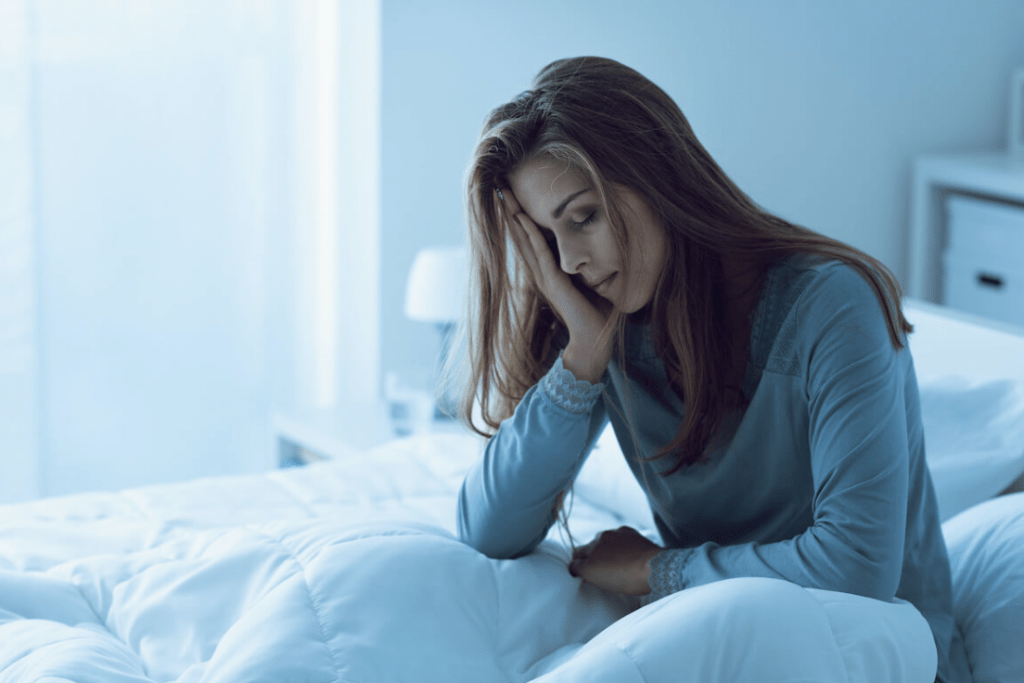
Take Control of Anxiety and Sleep Well Tonight
You can easily see that a little bit of sleep and anxiety deprivation snowballs to more sleep and anxiety, which saps energy during the day. You are not at your peak performance when it is needed. How can you get off the hamster-wheel and manage your anxiety throughout the day, and then at night so that you are able to fall asleep?
Professional Sleep Help + Good Sleep Hygiene
First determine if your anxiety is causing you to lose sleep. Focus on decreasing your sleep debt if your sleepless nights are a rare occurrence. Rise’s step by step Sleep guide will help you develop good sleep habits and practice good sleeping hygiene. Combine these sleep-promoting habits with our RISE app to ensure that you are consistently meeting your needs.
If you are stuck in an endless cycle of anxiety and insomnia, then good sleep hygiene will only get you so far. To solve the core problem, you will need to eliminate the cause of anxiety. Even though we’d like to eliminate all anxiety sources, this may not be feasible, let alone practical. Some anxiety triggers, such as chronic illnesses or work-related stress, are beyond our control.
Focus on reducing anxiety during the daytime and at night to prevent it. You will have a much higher chance of getting enough sleep when you go to bed. Good sleep hygiene is the cornerstone of any plan to reduce anxiety.
Anxiety can be hard to overcome on your own. You can seek the advice of a mental health specialist if you feel it is necessary. You will be able to work together to identify the causes of anxiety and improve your mental health. You may be offered treatment for anxiety or sleep problems, including:
CBT-I is a cognitive-behavioral treatment for insomnia
Meditation and relaxation techniques such as mindfulness meditation
Anti-anxiety and sleep medicine.
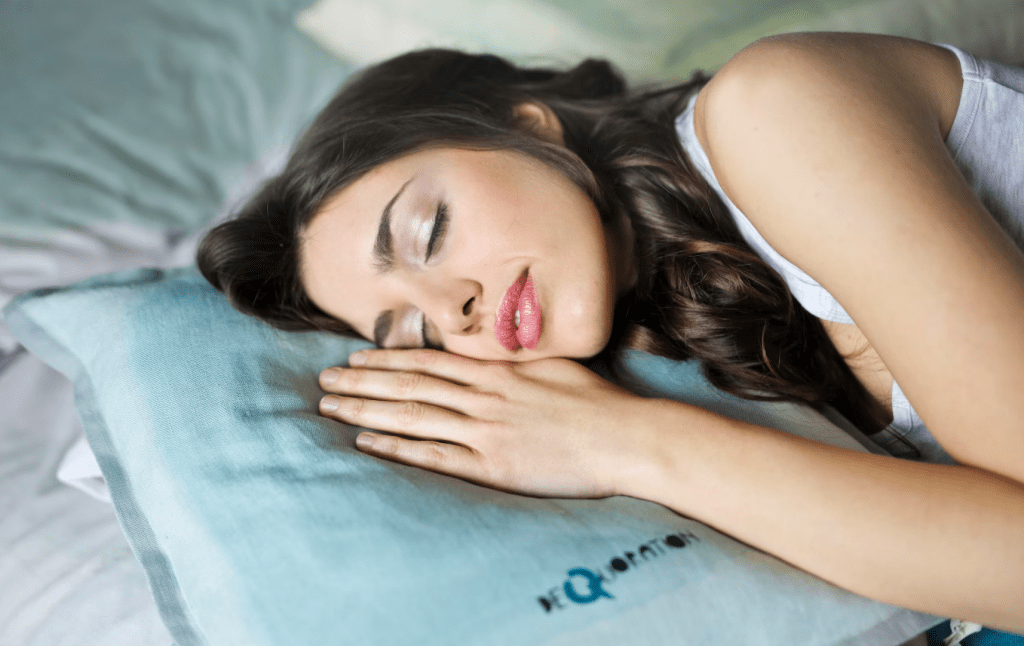
Use APP to Manage Anxiety on Your own
This app allows you to customize the evening routine you want for a better night’s sleep.
You can reduce anxiety on your own, whether you work with a therapist. They are simple to use and can help reduce anxiety related to sleep.
Wind down your mind before going to bed. An anxious or active mind will sabotage any sleep you may get. It is important to have a routine for winding down in the last 1-2 hours of your desired bedtime. Allow yourself enough time to relax and forget about the stress of your day. It is easier to sleep if you are in the right mindset. Add the evening routine habit to the Energy Schedule in the RISE app for an immediate reminder.
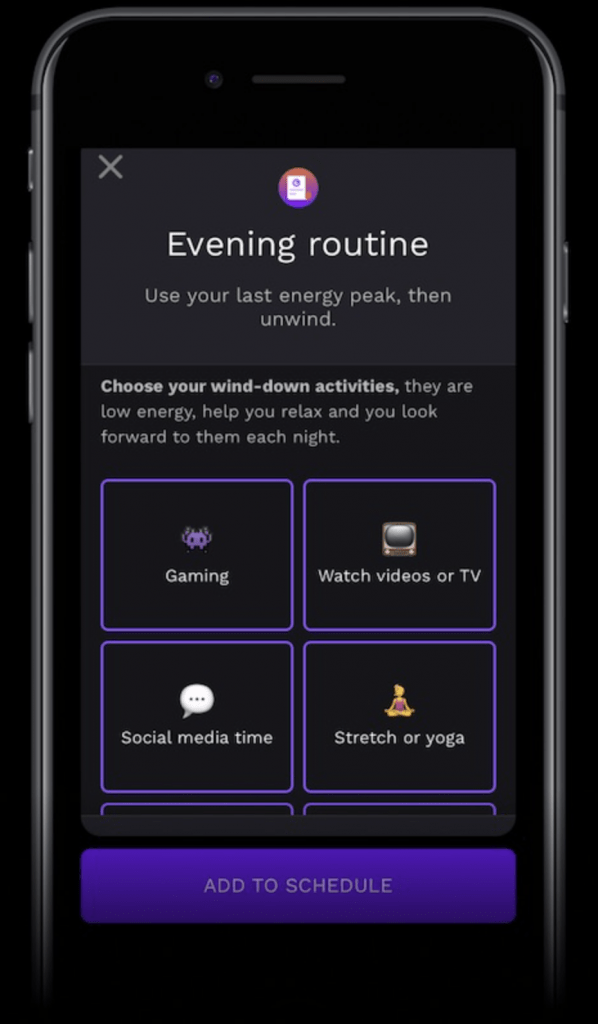
Brain dump. To break bad habits of rumination and ruminating, write down all your anxious thoughts. You can add the habit of “Brain Dump” to your Energy Schedule in order to write down all your concerns or to be productive and plan your to-do-list for tomorrow. You’re basically letting your worries go, which will make it easier to fall asleep.
Relaxation techniques can help you nip anxiety in the bud. The RISE appoffers a variety of relaxation methods, including progressive muscle relaxation and autogenic training. They can be performed at any time, day or night. Try them out and decide which ones work for you.
Check out this in-depth article on ” How To Calm Anxiety At Night”.
Don’t let anxiety and sleep loss control your life
You can easily fall into a cycle of anxiety, sleeplessness and depression. Sleep deprivation can have a major impact on your energy during the day. Sleep anxiety can be avoided by understanding how sleep deprivation is a result of anxiety.
Don’t be afraid to ask for professional assistance if necessary. Navigating the difficult terrain of sleeplessness and anxiety can require a lot of effort. Combine your sessions of therapy with techniques to reduce anxiety on your own.
Remember that good sleep hygiene will always be your best defense. The Rise app can give you an idea of when to perform sleep-promoting activity based on the chronobiology. You’ll be less likely to get caught in a cycle of sleeplessness and anxiety. We all know that better energy means better days.




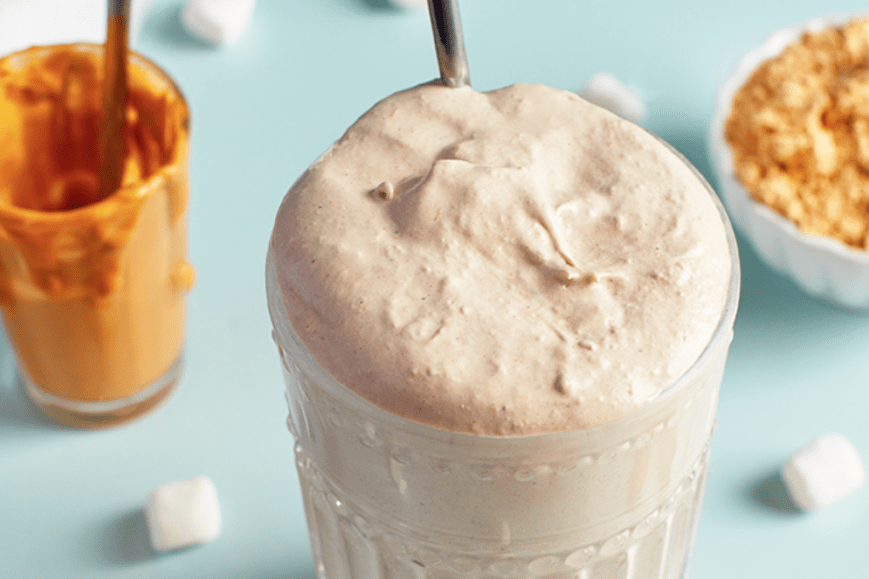
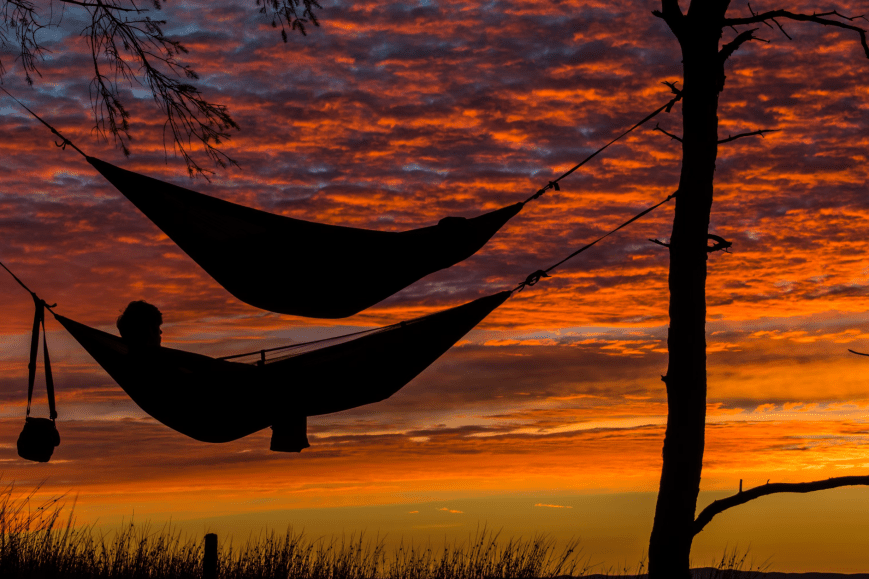
Leave a Reply